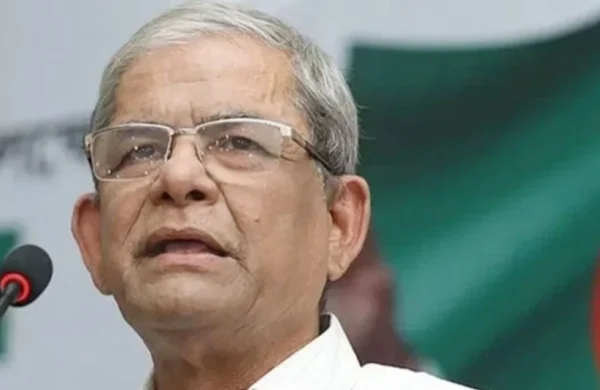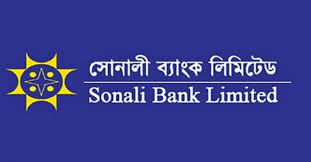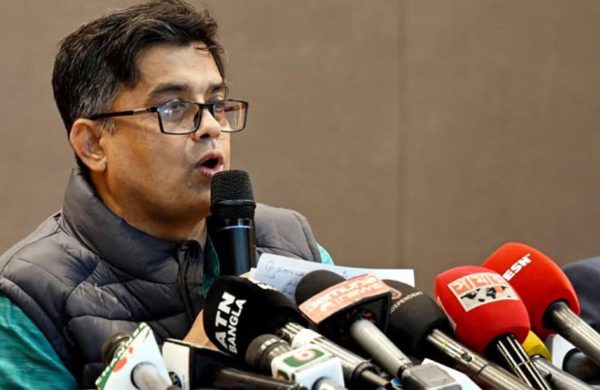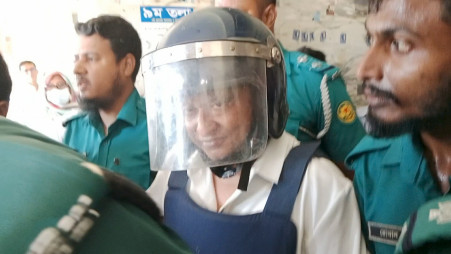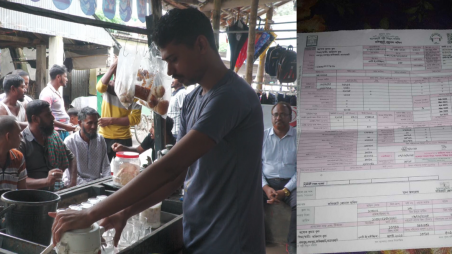Tourism, hospitality sectors face skilled manpower crisis amid soaring demand
- Update Time : Saturday, August 2, 2025
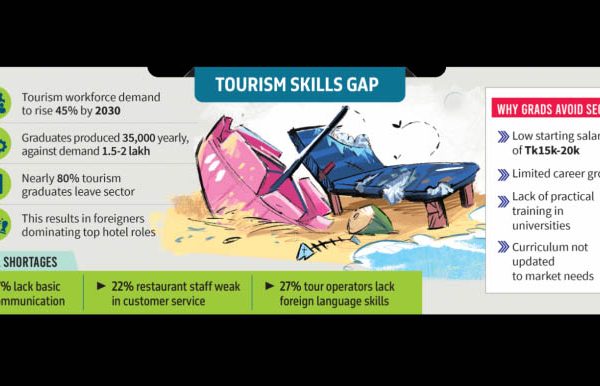
TDS Desk:
Bangladesh’s tourism and hospitality industry is set for rapid expansion, yet academic institutions are failing to produce enough skilled graduates, leaving a severe manpower shortage that threatens its potential.
The Bangladesh Tourism Board’s “National Tourism Human Capital Development Strategy” projects workforce demand will rise by 45% by 2030 — from 2.9 million in 2022 to over 4.3 million.
Industry leaders warn that without urgent reforms in education and training, Bangladesh risks losing this promising opportunity.
They said Nearly 80% of tourism graduates do not enter the sector, citing low pay, poor job satisfaction and weak career prospects. As a result, luxury hotels, airlines and tour companies often depend on foreign professionals for top management roles.
A general manager of a five-star hotel in Gulshan told journalist the skills gap is stark in leadership, finance and culinary roles.
“Our interns and entry-level staff fall behind. Academic programmes do not prepare them for revenue management, cost control or digital hospitality marketing,” he said.
He added that hotel owners and international brands still hesitate to trust Bangladeshis fully in leadership.
The Tourism Board study identified serious weaknesses in the sector. About 27% of employees lack basic communication skills. In restaurants, 22% fall short in customer service, while 27% of tour operators cannot speak a foreign language – crucial for dealing with international clients.
Taufiq Rahman, CEO of Journey Plus, said entrepreneurs are entering the industry in large numbers but cannot find the skilled manpower they need.
“At the operational level – in sales, marketing, itinerary planning or client communication – there are clear gaps. Finding multilingual guides is especially difficult,” he said.
The projections are stark. By 2030, the accommodation sector will require about 4.07 lakh staff, restaurants, cafés and fast-food outlets 24 lakh, entertainment 2.63 lakh, tour operators and travel agencies 90,280, tourist vessels 15,342, bus and coach services 25,099, and airlines 34,422.
In the amusement park sector, annual ticket sales already reach 60 million, and insiders predict another 100,000 jobs by 2030. Without trained staff, operators warn, foreigners may again fill the gap.
ACADEMIC INSTITUTIONS LAG BEHIND
Currently, universities and training institutes produce about 35,000 graduates annually, though the sector requires 150,000–200,000 new skilled workers each year.
Dr Md Anowar Hossain Bhuiyan, associate professor at the National University, said, “Public universities rarely update curricula, and practical training is limited. Graduates are not prepared for market needs.”
He also highlighted low wages as a deterrent. “In banking or government jobs, graduates can start with Tk30,000–40,000. In tourism, they often receive only Tk15,000–20,000. Naturally, they lose interest.”
He stressed the need for Arabic, Mandarin and other languages in addition to English.
One Dhaka University graduate said he joined a government bank instead of the sector due to poor salary prospects.
Currently, 52 institutions offer tourism education, including 25 universities and 11 National University-affiliated colleges. Yet diploma tracks are producing more industry-ready graduates. Training institutes generate around 8,000 diploma-holders annually, while universities remain focused on theory.
“Unfortunately, 80% of students graduating from universities do not stay in the sector,” Taufiq Rahman said. “We actually need three times the current workforce, but the shortage drives people away.”
BRIDGING THE DIVIDE
Bangladesh Tourism Board CEO Abu Tahir Muhammad Zaber said the mismatch between graduate expectations and industry realities is striking.
“Universities produce graduates who want management-level jobs immediately. But hotels often ask them to start in housekeeping or front office, which they refuse,” he said.
Diploma holders, who undergo four months of theory and two months of practical training, often perform better in entry-level jobs.
Mohiuddin Helal, chairman of the Tourism and Hospitality Industry Skills Council, admitted that supply lags far behind demand.
“More quality institutions and training centres are needed. Bridging graduates and industry is critical, and we are working on that. We plan to skill around 7,000 workers over the next three years, some locally absorbed and some abroad,” he added.







